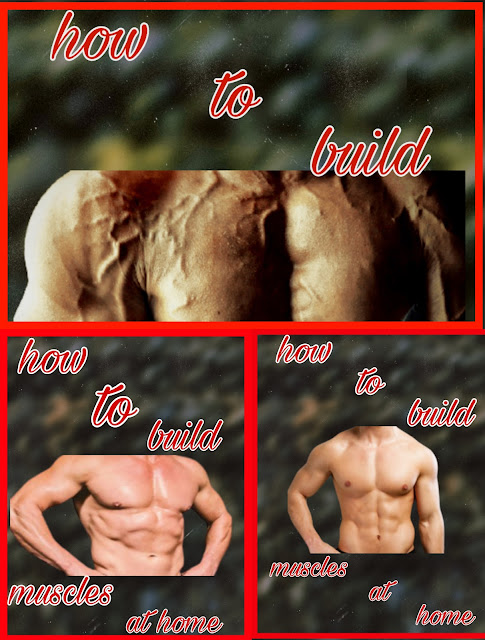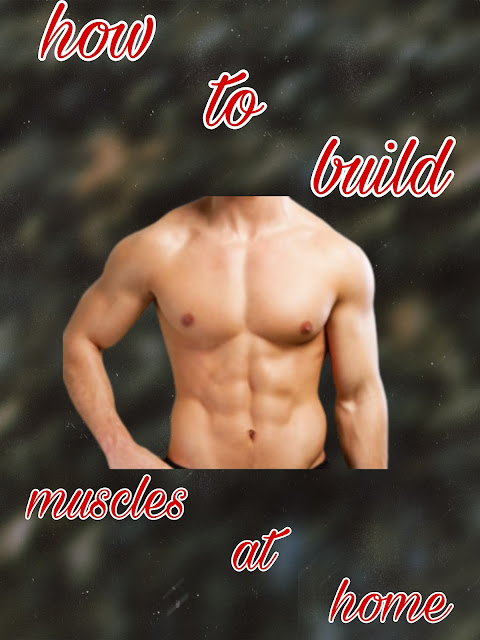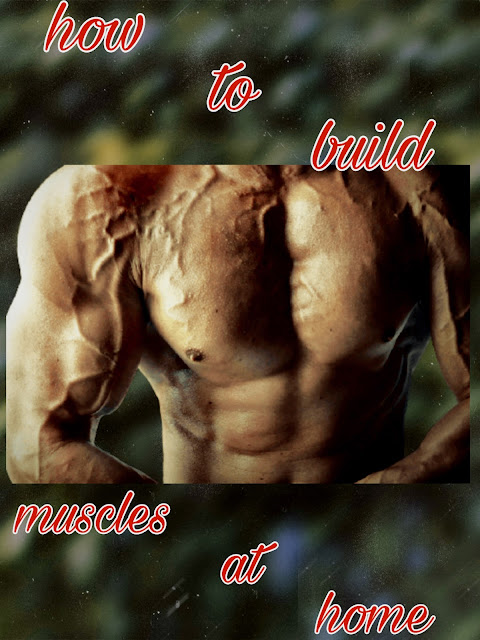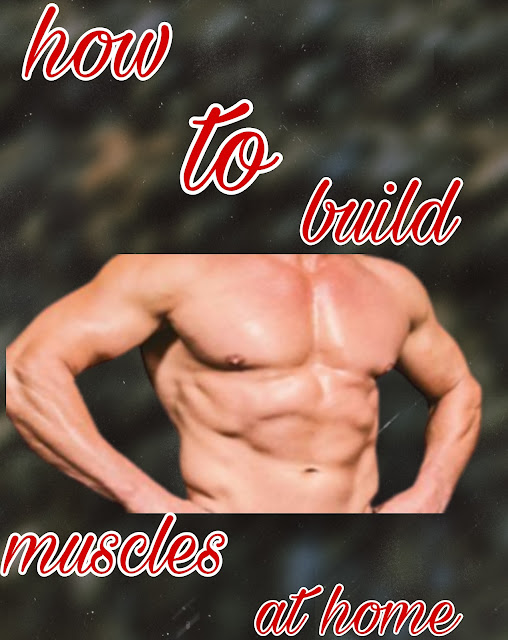how to get a bigger chest
1-metabolism
Everyone knows that exercise is one among the simplest belongings you can do for your health. But many of us ignore one important part: resistance training. Consistent with government researchers, only 6 percent of adults do the recommended amount of exercise a minimum of twice every week. Neglecting resistance training - any kind of exercise that builds strength and muscle - could be a serious mistake. Increase your metabolism, lower your body fat and protect you from a number of the leading causes of premature death and disability. You don’t need to appear as if a bodybuilder (or seem like him) to profit from resistance training. And it's never been too late to induce started.Read this blog how to get a bigger chest to learn more.
2-walk, run, climb
Our muscles are precious. It's a reason why we will walk, run, climb and carry things around. But as we age, they start to melt away. Muscles start to degenerate once we reach the age of 30. After 40 years, we lose about 8 percent of our weight every ten years, and also the condition continues to worsen soon after 60 years. Studies show that muscle loss accelerates the onset of the disease, restricts mobility, and is related to premature death.
3. Effect on bones
Another harmful effect is that the effect this has on your bones. The identical things that facilitate your maintain muscle mass are the identical factors that keep your bones strong and cohesive. So as you slim down because of aging - a process called sarcopenia - your bones become brittle, a process called osteopenia, says Dr. Wayne Westcott, professor of exercise science at Quincy College in Massachusetts.
The bonesdeat, tendons and muscles in your body all work together, and that they are stronger when combined or weaker when combined," he says. "Whenever you lose a muscle you lose a bone automatically - they're going together.Because your muscles and bones are inextricably linked, once you lose muscle you're at greater risk for the following:
* Osteoporosis
* Rheumatoid
* arthritis
* back pain
* Weaknesses
* Fracture
4.loss of muscle
Many people accept the loss of muscle, bone and every one the subsequent bad things as a part of the aging process. But research shows that you just can reduce and reverse these processes for years or perhaps decades with a muscle building program that works throughout your body. Scientists at the Buck Institute for Research on Aging have found that taking only two anti-aging tests hebdomadally can reverse the age-related damage related to sarcopenia and functional disability.
Exercise training is incredibly near the source of our youth," said Brad Schofield, a professor of gymnastics and director of the Human Performance Laboratory at Lehman College in big apple.
5.Make Muscles, Longer live
In 2014, researchers at the University of California, la graduate school, made an interesting discovery.
They tracked about 4,000 healthy adults over the age of 55 for over a decade and realized that their muscle mass was closely associated with their health. Researchers have done this by inserting each “muscle index” - your weight is split by the length of your square. Those within the group with the very best muscle index had the bottom death rate, while those with very cheap muscle index had the very best mortality rates.
This relationship continued after scientists wrote down the normal symptoms of the disease, and it showed that the muscle index was a way better predictor of premature death than obesity.
6.Reserches
One study took quite 2,200 middle-aged men and followed them for up to 44 years. The researchers found that physical activity and “good muscle strength” during the center Ages were among the strongest predictions for longevity. Over the years, many other studies have also shed light on why resistance training is so beneficial.
It improves cardiovascular health. Resistance training increases the flow of muscle blood throughout your body, which lowers your pressure.
Resistance training greatly improves your VO2max and your overall strength. Studies have linked this with better heart health and a lower risk of dying from cancer.
The skeletal muscles help control and release glucose. Muscles absorb sugar sort of a sponge, use energy or store it as glycogen for later use.
7.Resistance training
Resistance training causes you to sensitive to insulin. To soak up glucose, your muscle cells should reply to the hormone insulin, which pushes blood glucose into the cells. Studies show that the primary step in developing type 2 diabetes occurs when your muscles become proof against insulin. Resistance training achieves the opposite: It makes your muscles more sensitive to insulin.
Tissues act as an anti-diabetic coat. A 2011 study within the Journal of Endocrinology & Metabolism found that for each 10 percent increase in your muscles index, you see an 11 percent decrease in insulin resistance and a ten percent reduction in your risk of prediabetes.
View how to fix your bad posture
Build Muscle, Lose Fat ... And Keep It Back
1-weight lose
One of the worst things about losing weight as we get older is that we also gain weight. The typical person gains about three pounds [1 kg] of fat per annum in adulthood. Which means our bodies make amazing changes in their structure, the tissues dissolve and therefore the fat creeps to require their place. This stimulant slows down your system because muscles work harder than fat - making things worse.
But recent landmark studies have yielded encouraging results. It checked out the results of diet and exercise programs for 250 people over the age of 60 to match how the programs affected fat and muscle. The topics were divided into three groups. One was assigned to follow a routine that reduced some 300 calories every day.
2.At homework are following
1-Pick heavy things.
2-Run quickly for long time.
3-Break hard thing.
4- Daily exercise.
5-Buy gym materials.












Very informative
ReplyDeleteIf any problem tell me